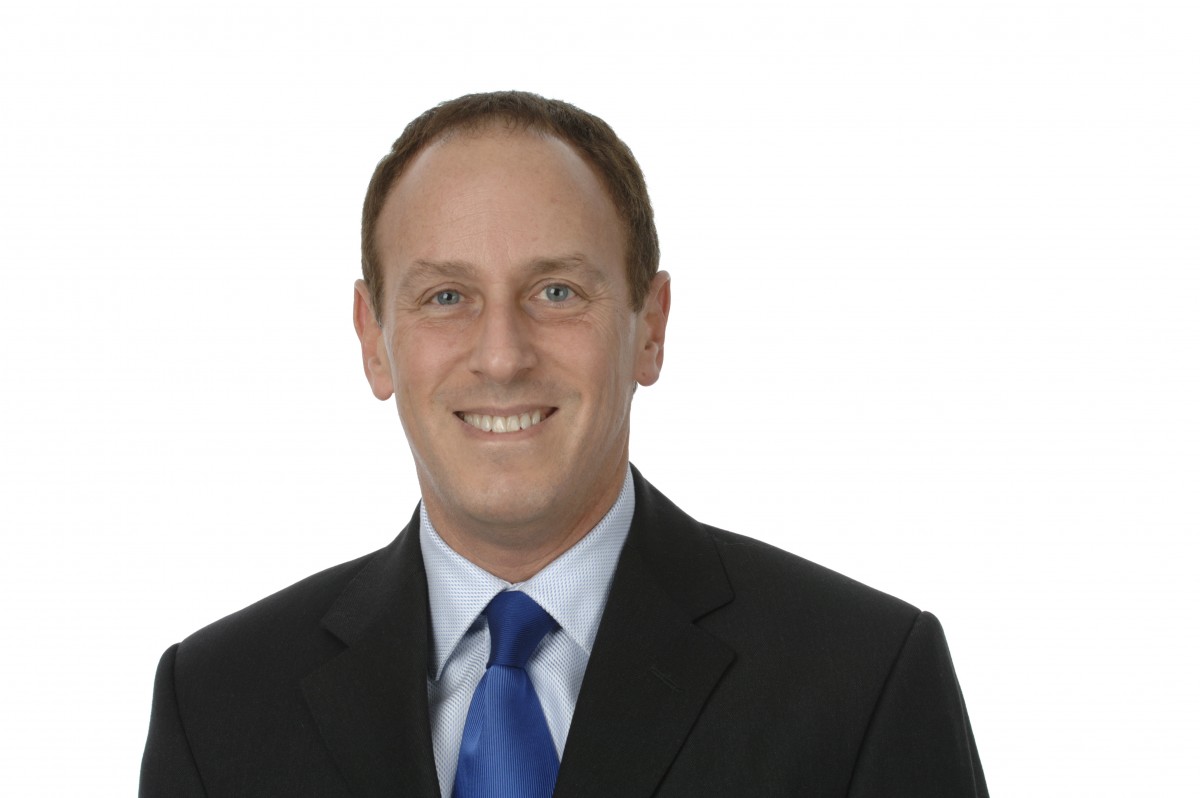Jim Tapper was recently appointed as Hay Group's Managing Director for UK and Ireland and Cluster Leader for North Europe. After two months in the role, Jim spoke to the MCA about his goals for the firm, the importance of people strategies in business, the general election and his career in consulting.
What goals have you set Hay Group for the next phase of its life in the UK?
Hay Group is on a transformation journey, creating a new version of ourselves. We have seen great success bringing our traditional, deeply researched offerings to our clients. Now our goal is to knit these offerings together into bigger and broader propositions to help our clients release the power and potential of their people.
We are embarking on a new series of different ways to address our clients’ challenges. We are also transforming the way we organise ourselves internally to do that more effectively and at the right price. Digital channels are certainly having an effect and we are using new technology and methodologies to really bring everything to life.
You have talked in public about the importance of aligning business strategy and people strategy. Where are the alignments most difficult for clients?
During the recession people issues were higher on the C-suite agenda than anytime I can remember in my consulting career. Businesses were questioning how best to retain and reward their staff when money was short. At the same time we also saw business strategies changing frequently and faster as companies tried to weather the storm. Although the economy has picked up, this trend continues. In order to keep pace you have to look at how people strategies can enable more flexible leaders and a more flexible workforce. For clients the nature of the challenge has changed and it’s not going to go back.
How good is the UK at people management? What are we lacking?
Actually, a lot of the innovation in people management seen globally originates from the consulting industry here in the UK. The UK also leads the way with its workplace policies on flexibility. However, there are still some questions particularly around diversity; we have made some strides in recent years but this an area where we can do better.
Hay Group’s most recent thought leadership piece asks whether today’s graduates are less work ready than previous generations. Can you tell us a bit about your findings?
It is inevitable that many graduates won’t have a lot of practical experience. As a result we find that certain skills, related to social and emotional intelligence, often need to be developed. This is an issue for clients as it is a big investment to find, hire and train new recruits.
In response to this we have created a new digital suite of innovative business apps that focus on some of these skills. Through gaming theory we aim to help new recruits become more emotionally adept and be able to contribute to the business more quickly.
A challenge for many consulting firms will be managing a multi-generational workforce. How should MCA member firms be approaching this?
It is complex from a management perspective as you have to identify the motivations of many different generations and respond to them directly. This requires flexible leaders and a lot of thought. What we usually advise our clients to do (and are doing ourselves) is to observe what people do, say and how they behave to identify their motivations and then work with them on how they like to be compensated and managed.
Our research has identified the differences among generations. These differences are not set in stone. As we age our motivations change. For example, I am still a baby boomer but I am different to how I was 20 years ago. Motivations change within generations as well as being different between them.
We are waiting for the general election result and, maybe, a new Prime Minister. Whoever gets the job faces a massive challenge in terms of transforming the public sector to save money but also to improve services. What would be your advice to the new Prime Minister?
When a new government comes in there is sometimes an inclination to start cutting costs straight away. That needs to be managed in a reasoned way. To find economies you need to cut smart and not to the detriment of services and capability. If you don’t think about the medium or long-term effects it could cost more to rebuild in the future what you have destroyed.
What has been the highlight of your consulting career so far?
There have been many. But what I treasure is the chance to make a difference. One of the most rewarding parts is seeing the impact you have not just on a client organisation but on the lives and careers of individual people in a firm. For example, we often work with senior executives when we do big assessment programmes. We can see the change when they understand themselves better and show huge improvement in their performance. After 30 years that is still what gets me out of the bed in the morning.

